

I want to start by considering an image. It made both the front page of Reddit and was a top link on Pop Urls recently, which means a heck of a lot of people thought it was accurate enough to be worth sharing, up-voting and spreading online as far as they could. Behold:
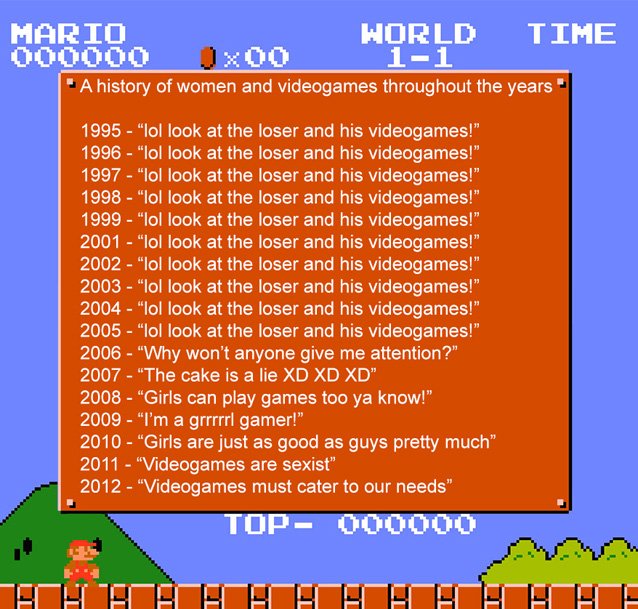
The image struck a chord with a lot of people, and gained a lot of traction online. For me, it revealed something very important about the resentment that a lot of male gamers have for women who share their interest. It also demonstrated, very neatly, a few key flaws in a lot of the arguments that are used to challenge and de-legitimize women's participation in the tech and gaming industries. It additionally reveals a lot more about the author's (and all the subsequent sharers' and upvoters') insecurities and animosity towards girl gamers.
I have never cared about baseball. As a kid, it seemed silly to me, a long and boring game that didn't hold my attention. As an adult, I developed a taste for sports, but of the quicker and more violent variety, like MMA and American football, so baseball still eluded me. A good friend of mine, however, is a ravenous fan of the sport. She holds season passes and is going to watch the Jays spring training this year; she has a way of seeing the grad narrative in the sport, and through her eyes players like Adam Lind and R.A. Dickey become mythic, heroic, archetypal characters in vast narratives.
And you know what? It's starting to rub off. I am starting to care. I went to a game with her and, as we drank horrifically expensive beer, she explained things to me carefully, with love. I started to read more articles about the sport, to follow press conferences and announcements. I am starting to care, just beginning to get invested.
The response from her, and from other baseball-loving friends and colleagues, has been wonderful. At the slightest suggestion that I might be interested in learning more about baseball, links to websites and articles started to show up in my inbox and Twitter feed. Never, for a moment, have I felt anything but absolutely welcomed into this new interest with open arms my diehard fans.
Why is it not this way with gaming? Why do male gamers want to keep the gates closed, to restrict access, to mock women for only beginning to discover joy in something that they love? Everyone started somewhere, and everyone was a new fan, just discovering what they liked, without history and knowledge behind them. That time of newness and discovery is something to be valued, a chance to see something you love through fresh eyes. Why should it be any different for gaming?
Whether a gamer starts playing at five or fifteen or twenty-five, no one starts off highly skilled and knowledgeable. That comes with time, and there is nothing wrong with celebrating it. But falling in love with a new interest, that spark and excitement, is also something special. Rather than denigrating those who are just beginning to fall for something you already have a long-term investment in, why wouldn't established gamers be overjoyed to welcome in someone new, regardless of their gender?
While there certainly are a lot of women who are just now becoming interested in gaming, it is an absolute fallacy to believe that women's interest in gaming is a new phenomenon. For simplicity's sake, let me use myself as an example:
I have been here all along. The NES launched in Japan the year I was born; I couldn't have been more than six when we got a system at home, and before then I had played with friends. I've written about my formative Super NES years; we had a Sega Genesis at home too, and a Game Gear my brother and I not-always-diplomatically shared. Entire parties were held around playing Golden Eye and Mario Kart on the N64.
My love didn't wane as I grew older, though my tastes evolved from platformers, fighting games and puzzles to vast, complicated RPGs. One of my high school boyfriends modded Playstation consoles, and my grades dropped when I discovered Lunar: Silver Star Story in the late spring of the 11th grade. I played with the same fervour in graduate school as I did in elementary. I say all of this not to brag, but for context. This is not a fleeting fancy, but a lifelong passion, just as it is for you, gentlemen. And I am not alone; more that half my girl friends are gamers, and carry their love around still in their thumb calluses, Triforce pendants, extra life tattoos. Many of them have even grown up to make games themselves.
Every time an image, or article, or comment like this pops up, is seems to come from an alternate universe where my companions-in-arms and I simply do not exist, and never have existed, when in fact we've been here all along.
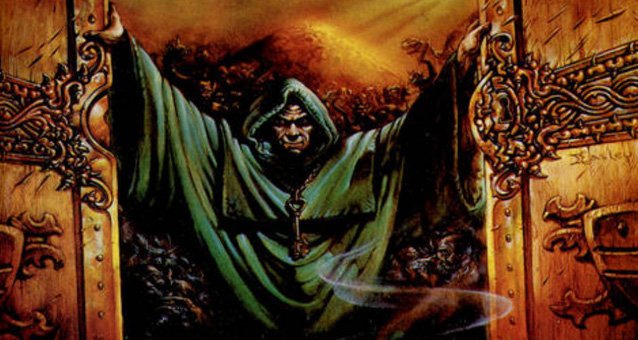
There's a whole stew of simmering resentment inherent in the whole “fake geek girl” argument, and a lot of it has bubbled, ugly and stinking, to the surface, embodied quite neatly in this image. It presumes that women haven't been in the gaming trenches, with all the social stigma that once entailed (and may still entail), and only now do they want entry into the hallowed Land of Geekdom. Whereas male gamers have suffered the slings and arrows of a culture that named them uncool since the dawn of gaming (circa 1995, apparently?), we girls only hopped onboard rather recently, when gaming had become more mainstream and accepted by the jocks who once cruelly tormented them.
Secondly, it figures women as being responsible for the rejection and mockery of male gamers for their hobby, calling them “losers” and, obviously, rejecting them as as potential romantic partners. Women, to the author of this charming illustration are of the stereotypical Mean Girl archetype, the shallow but pretty girl from every after-school special ever who taunts the geeky hero of our tale.
I am sorry if, at one point in your life, a woman rejected you because you are a gamer. It seems a poor, and lonely choice, to resent an entire gender and their enjoyment of a shared passion because of it.
In high school, a very Catholic boy broke up with me because I played D&D. He thought it was unbearably geeky, and his parents were convinced it was Satanic, and so after a brief romance he dumped me quite unspectacularly. I'm hardly going to resent every table top gaming man because of it for the rest of my life, even (especially!) those who came to it later that I did.
Next, it assumes that all women came to gaming late (apparently when Portal was released, as that apparently marks the moment that Women Discovered Video Games in the master gaming timeline).Then suddenly, the floodgates opened and the girls came pouring in. We suddenly got the jokes, and wanted to be a part of the culture they had shunned so long. And the poor male gamers, so used to their private bastion of gaming discourse, did not want to share.
Finally, it assumes that once women suddenly appeared on the scene in the middle of the aughts, they looked around at gaming and decided that Things Had To Change. There is so much resentment dripping from those final lines I can smell the toxic fumes. The suggestion that games should “cater” to women is levied as a grave insult, a completely unreasonable demand placed on the industry. It positions men as the de-facto owners of video games, the ones who have loved them the longest and best, and therefore the only ones qualified to dictate the form and content games take on in the future. Women who presume to ask for games that appeal to them are simply overstepping their boundaries, as newcomers who should simply respect how things are and not seek out growth and change.
The argument is so petty and small that, as soon as you can see it clearly, it seems to shrivel up in shame.
Once those fallacies are cleared away, and we can see that women becoming interested in gaming is in fact a positive thing, that there have always been women interested in gaming to begin with, and that pretending otherwise is the very definition of small and mean, we can begin to see exactly why making room for women gamers is the exact opposite of an unreasonable request.
It's not about whether or not women exist in the gaming community; it is about acknowledging that they exist. According to this image (and the point of view that is represents) the reason to keep all these women out is simple: they want to change things. They want games to “cater” to them, games that reflect their interests and aesthetics and values, games that are fun for them as well.
So bloody what? What horrors will this wreak on the gaming community? There may be more games, different games, different kinds of narrative and gameplay and imagery available. The genre as a whole will branch out and evolve, exploring new territory. The needs of different types of gamers are considered. Why does this have so many male gamers quaking in their boots?
Aside from any social, cultural, or political reasons, it just makes good sense for gaming to evolve, and in a way that is more friendly to women. According to the Entertainment Software Association's game player data, not only are 47 % of all gamers women, women over the age of 18 are the fastest growing demographic. In addition, women over thirty who game now outnumber boys under 18 who play (30% and 18% respectively). If we take a larger account of gaming, and when we look at the demographics for mobile social gaming, according to Flurry, more women than men play games overall.
And yet, most games are still targeted at the same demographic: 18-34, straight white male. Why are you so afraid for games to branch out a little? Why is the idea that the entire industry isn't made for you any more (and trust me, the vast majority of it still is) such a terrifying one?
More over a little; learn to share. Some of us have been here all along, playing next to you, and we deserve some space. Equally deserving of that space? Every new gamer, whether they're a 15-year-old boy with his first gaming rig or a 40-year-old woman with hers, deserves that space and consideration too.


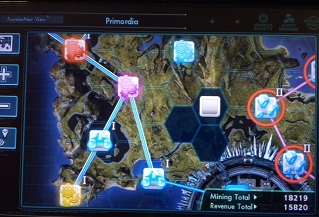
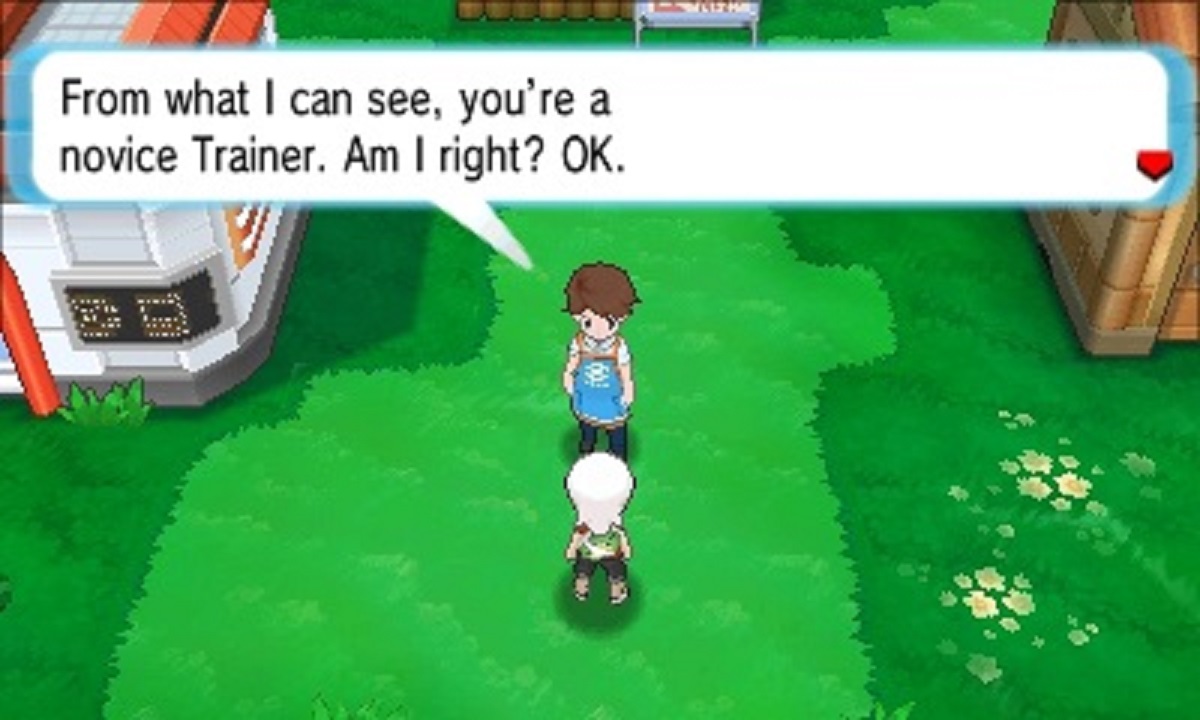
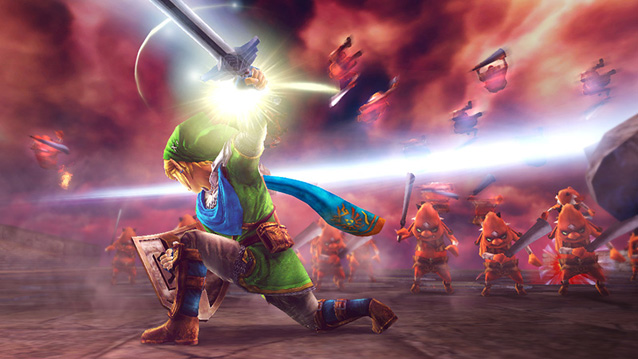 Review: Hyrule Warriors
Review: Hyrule Warriors PAX East Preview: Outlast
PAX East Preview: Outlast 20 Best Maps for Minecraft 1.5.2
20 Best Maps for Minecraft 1.5.2 How to View Saved Wi-Fi Passwords on Windows 10
How to View Saved Wi-Fi Passwords on Windows 10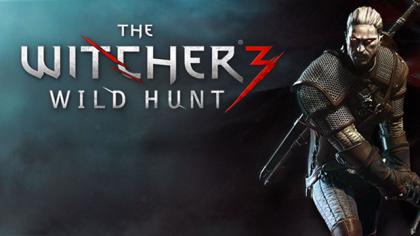 The Witcher 3: Wild Hunt PS4 Pro Tip: Hold Sensor Bar To Open Inventory & Swip To Open Map, How To Reduce Horse Fear Level: Updated
The Witcher 3: Wild Hunt PS4 Pro Tip: Hold Sensor Bar To Open Inventory & Swip To Open Map, How To Reduce Horse Fear Level: Updated